are private schools worth it
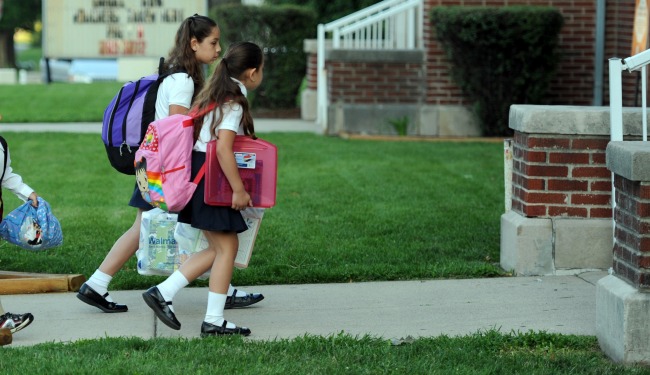 Are Private Schools Worth It? - The Atlantic
Are Private Schools Worth It? - The AtlanticAnnouncement For August 8, 2019 10 things private schools won't tell you On August 8, 2019Some private schools offer great studies. Others are important disappointments. We started to discover what really happens behind those walls covered with ivy. Advert Photo created by freepik - www.freepik.com Like most parents, you've probably wondered how much private school costs. Maybe you've even made some noise on the Internet, and you found that sending your son to the Upper Canada College, the country's most prestigious children's school, will pay you about $35,000 a year. While the left side of your brain says you can't afford, the right side of your brain contradicts with the very convincing argument that hundreds of rich, influential and wildly successful men have graduated from this place: Galen Weston, Michael Ignatieff, Robertson Davies. Putting your son in the middle of such an estimated company has to be worth 35 grand a year. Right?Advertisement Advert Maybe. Maybe not. It all depends on who your child is, and what kind of education suits you better. VIDEO: READ: "There are many people who have a 'sleep school' in mind, who may or may not fit their child at all," says Catherine McCauley, a Toronto teacher and guidance counselor who has worked on public and private school systems. "Think of your child first and what are their needs: social, emotional, physical, intellectual. Start by trying to find a school for your child, not trying to fit your child into a school." You don't have to be an expert like McCauley to find the right school for your kids; you just have to meet your kids. Recognize that they are individuals with their own specific strengths and interests and you are halfway. The how-tos in this article, tainted by education professionals and veteran parents, will take you the rest of the way. "Private" does not always mean "better." Too often, parents jump the gun and pay the tuition, assuming that all private schools are preferable to the public. Not so, says Judy Winberg is a special education teacher and guidance counselor for almost 30 years, whose consulting firm of Educational Options based in Toronto helps parents find the best school program for their children's needs, both in public and private systems. "What you are guaranteed when you go privately is that you have teachers who are there by choice, instead of being placed there [as they are often in public school systems]. And the size of your class is going to be smaller — they put a roof in the size of the class, and they don't get over it because they are responsible to a table. After that, there are no guarantees. There are no guarantees at all. " Our academic record can be meaningless. Be especially careful with schools that promise to improve the grades of your middle-aged child just in time for the college application deadline. "There are private schools now that they are flies per night. Universities don't even know much about them," warns Paul Axelrod, Dean of the University of York School of Education in Toronto. "Children who go there are children who are trying to get out of their qualifications or their language skills, and their records show that they did it very badly in the public system. Then they go to one of these private schools, and suddenly their qualifying balloon." Advertisement AdvertisementAdvertisementInflated grades can help graduates of these terrific schools enter the university, but will not help them get a degree. The well-respected private schools with the acceptance of 100% of the university do not do so by giving good grades, but by making them harder to achieve. "I often had children who would tell me, 'my friend who goes to public school has an average higher than me and I work a lot harder'," McCauley remembers since his years as a private school counselor. "We really help them to prepare them with many of the skills that will not only help them enter the university, but to stay in college: study skills, organization, how to write. All that, it was harder for them." Having said this, while you may have dreams of raising a Nobel Prize, hitting your child in a school with the best reputation for high-performance students may not help you bring home good grades, even if she is exceptionally brilliant. If the school's teaching style does not match your child's learning style, you may have problems absorbing your lessons. How do you find that perfect match? To some extent, you can trust the admissions department to determine whether the school and your child are made for each other. "If they are famous for having a school that families leave the boat, it is a problem. It is so important for the school that it is a good fit for your family as it is for you," observes Michaéla Koch, a mother of Toronto who has gone through the admission process twice with her children. That is why, in addition to having their academic history, children are often asked to write essays and feel through personal interviews before a school gives them the green light. These steps can be essential to finding the right fit, especially in schools where the number of applications exceeds the number of empty desktops. (For example, in the well-known Upper Canada College, only one in four children are accepted.) But they can be exhausting and stressful for your child, not to mention costly for you, private schools charge a fee for each app, which means putting your child's name in a half dozen places could put you back near a grain. So before applying, reduce your best contenders to a short list of two or three schools. For advice on how to do that, see . "Private" and "independent" schools are not the same. Any school outside the public system tends to be labeled as "private" in the same way we tend to refer to all tissues like Kleenex, or all the bubbly water as Perrier. In fact, there are two types of non-public schools out there — "private" and "independent" — and there are important distinctions that you should be aware of before enrolling your child in any kind. Independent schools have boards of directors to which they are responsible. "There are checks and balances in place," is how Winberg puts it. On the other hand, private schools can be administered by a single person without responsibility. Now, that doesn't mean that a school without a board of directors is necessarily irreputable; but it means you have to review it even more rigorously before trusting your child. Some of our teachers are not certified. With only a few exceptions, including in British Columbia, Manitoba and Saskatchewan, independent schools are not required to hire certified teachers. And even certified teachers do not necessarily have a degree in education. Because certification and training standards vary widely across the country, and even within the provinces, the best way to find out if a school teacher is about to start is to ask. (Some schools save you the problem by putting information on teachers' credentials in their brochures.) But there is no shortage of well-trained educators in this country, so regardless of the rules that prevail in your area, you should insist on a school where teachers are not only certified, but also have a bachelor's degree or teacher in education. Advertisement If our teachers do not "click" with your child, forget it. Almost as important as teacher training is their way of writing, so to speak. Do you have a good approach to the students? The only way to discover is to visit the school and see for yourself, as Michelle Wille did when she chose St. Margaret, the school in Victoria, B.C., who finally decided for her daughter. "We've been there many times for open houses," says Wille. "The teachers are all well dressed, well prepared, and they are strong women, and those are the kinds of people I want to teach you." Nancy Ng had a similar experience on a tour of La Citadelle, which stuck the decision to enroll her son, Ian, in the pre-Kindergarten program of the Toronto school. "I loved the environment," he says. "I loved it when a student was sitting in class in grade 1 and was upset about something, and the teacher, instead of getting angry with him, excused all the kids to go to his table and make a reading, and she sat down on the floor with him and just talked to him through what was upset. I thought, Holy God, you don't see it anymore. In addition to observing them in action, you can also chat with teachers to get a sense of not only their philosophies in teaching, but also their level of contention; when teachers feel valued and happy in their work, they are more effective in the classroom. If that contentment is lacking, or its perspective in teaching does not match what you have in mind for your child, you can say very quickly in the course of a casual conversation. If your child is entering grade 5 and above, it is important to take care of teachers, too. After all, she is the one who will be sitting in front of them seven hours a day. "The biggest mistake is probably deciding which school your child will go without involving your child in the process," says Judy Winberg. "Make sure the child will visit a day or whatever the school allows." McCauley agrees: "I was a classroom teacher in the private system, and I had children to come and sit in my classroom for a day. They either felt very good, or they decided it wasn't for them. But at least they knew it." Almost no one can open a private school. Surprisingly, there are no laws to stop a person with zero educational training to hang a hairstyle outside his door and start enrolling students. "If you have five children and a toilet that dazzles, you can open a school," says Winberg carefully. "There aren't many requirements." He's specifically commenting on Ontario, but there are similar lax standards across the country. In other words, you might be paying your child to receive a lower education, in poorer conditions, that she would receive in her neighboring public school. In the three years she has worked as a consultant, Winberg says, "What scares me is that I have seen open schools and I have seen them nearby. And I have to say that these people who are opening them are well intentioned. They're doing it for noble reasons. But [that are failing] either because they are not entrepreneurs or because they are not educators. To run a school, you have to be both." The good news is that with a little effort, you can find a high quality school, and protect yourself and your child from such flight operations at night. First, make sure that any school you are considering is affiliated with a national or provincial association that meets strict educational standards, such as the Canadian Association of Independent Schools. Before receiving the accreditation of CAIS, schools must undergo a detailed assessment that examines everything from the curriculum to the facility to administrative operations. To find CAIS member schools in your area, log in and click Listings. This feature offers names and places, as well as links to the schools' own websites, many of which are full of information. Advert Advert You can also do a curriculum exam, to make sure that independent schools you are considering follow study courses that are equal or better than your public counterparts in your province. Independent schools often outline their students' courses on their websites or on their brochures. "I have the brilliant material," says Michaéla Koch, referring to the information package he asked the two children to attend from the school from pre-Kindergarten. "And within the brilliant material there were a lot of photocopying things: the complete curriculum for two-year-olds. The books that were to read, what different courses of study were to be, this is what we will cover in the sciences, this is what we will cover in the linguistic arts. For the two-year-olds and three-year-olds! He was duly impressed. We can run with a shoe budget. Contrary to popular belief, most private schools are not tormented to rafters with state-of-the-art computers and violin Guadagnini. "It costs a lot to parents to send their children and therefore they might think that those schools are flowing in resources, but they are usually not. They run on a slipper," says Paul Axelrod of the University of York. "The facilities, resources, can be quite basic in those schools." Even elite schools finance fury, claiming that tuition fees cover only annual operating expenses, and that they need more money to keep facilities and buy new equipment. Before enrolling your child, make sure you will receive the value of your money. Many private and independent schools are registered charities and are therefore obliged to disclose their financial statements. The admissions office should not hesitate to answer your questions about how school spends its money. How much do teachers pay? If it is less than the salaries of the teachers of the public school in your area (a figure that any private school should also know), be suspicious. What types of resources — musical instruments, computers, sports equipment, scientific laboratories — are available to students? Is campus safe, pleasant and well maintained? Take any school that does not satisfy your short list. Do you think the plate is expensive? Wait till you see why we charge more. Private school is a well of money from the moment it applies to the day your child closes his last book. To start, you have to pay about $100 for the honor of filling up a lot of paperwork that puts your son in the race for a place in school. Then, of course, there's a tuition: a high cost of $9,000 to $35,000 a year for day students, or up to $65,000 a year for Internet users. And keep that paybook. Most schools charge a single and non-refundable registration fee or "new student fee" of up to $9,000 the first year your child is enrolled. In addition to that, some also require you to make a "loan" to school aid pay for upgrades and maintenance of facilities. AdvertisementNeed bus service? It has another pair of big ones. Supervision after school for your eight-year-old? Ditto. And those fantastic athletic programs or musical installations that sold you at private school in the first place? They may not be included with the plate, so involving your child might cost you extra. When you add books, uniforms and lunches (sometimes cost extra), a private school year for a student within the daily switching distance can easily graft at $40.000 a year. If you start your child in grade 7, you're seeing an investment of over $200,000 in your education, before college. Start your child in kindergarten, and you'll be out of a quarter of a million dollars for your high school graduation. "For parents who are so committed to the private school system and have three or four children, the financial burden, unless you are really well, is extraordinary," observes Paul Axelrod of the University of York. What else are you sacrificing in your family's life to do that, and even in your child's life? If paying for private school means you give up family outings and enriching vacations for life, it may not be worth the sacrifice. If you are convinced that a private education is the best for your small student, you will be relieved by hearing that some of the expenses can be resumed in your income tax return; see . And low-income families or high-performance academics can qualify for scholarships or scholarships directly from the school, usually covering half of the cost of registration; ask the admissions office for details on how to apply. You can also buy for public schools. Before you move home and re-locate three streets in a search to place your child in a more desirable school district, you know this: most school boards will receive a request for your child to attend a school other than that they have been geographically assigned. "In the public system, people are also engaged in buying, especially at the secondary level," says Paul Axelrod, Dean of the University of York School of Education. "If you find a school does not meet your child's needs, then you look somewhere else, and not necessarily in your own neighborhood." Please note that the degree of flexibility to enter a different district varies with the number of students enrolled from year to year. And if you've heard of a big school in your city, other parents have also heard of it. So get ready to defend your case. Make an appointment to talk to the school director, and get armed with several very good reasons why your child should be allowed to make the change. If you don't like your child's private school, go ahead. Advert AdvertisingInscribing your child in any school is not a commitment for life. Over the years, or sometimes during the night, your child's needs could change. It can be as dramatic as the discovery of a gift for music you want to encourage, or the diagnosis of a learning disability that needs special attention. Or it can be as subtle as the changes in the faculty that result in your child being less excited about learning. Whatever the case, don't feel like you have to hit it. "If the school isn't working for your child, then you'll find another," says Catherine McCauley. Changing schools will not mark your child's academic record, and will no doubt question his ability as a parent. Share this article Comments Your email address will not be published. Mandatory fields marked * AdvertisementRelated Articles Evidence of the Reality of Your Financial Plan John's counselor seems impressive, but has left out... What to do with an extra $70,000 to finance retirement My 79-year-old mother has received a monetary gift. What is... 7 Questions to ask your financial advisor... and how to get the answers you deserve! "Canadians Need Trusted Financial Information Now More Than Ever"The Canadian Financial Planning Association is partnering with MoneySense. .. Is it an inevitable cost for a surviving spouse? Sandra and her husband have lived in her director... Financial Planning in your 70s Take into account these monetary concerns, even after retirement. Sponsored by the Equitable Bank Downsizing vs Mortgage Investment: What choice is right for you? Depending on your age, where you live today and... Sponsored by Scotiabank See the Virtual Panel ScotiaAdvice+: Investing in uncertain timesWith COVID-19 and all the uncertainty that is created,... Financial priorities for the new yearJanuary is a good time to review your investments,... "Why do I need a financial plan?" A financial plan helps you consider — and re-examine as necessary — important... TrendingLists & RankingsMoneysense Tools MoneySense is a digital magazine and a financial media website. Qualified journalists and financial professionals produce the content. MoneySense's goal is to provide the most relevant and up-to-date information possible, but with all the things you read on the Internet, it is recommended that you read critically and cross-reference with your own sources, especially before making financial decisions. MoneySense continues to update and make changes to correct any factual error. MoneySense is not responsible for content on external sites that we can link to in articles. In addition, our editorial team makes every effort to ensure the published information about MoneySense.ca and other MoneySense properties is accurate. However, sometimes the prices and terms of the products are changed by the supplier without notice. If you read something you feel is inaccurate or misleading, we'd love to hear from you. Please.MoneySense is fully owned by Ratehub Inc. but it remains editorially independent. For more information, read . © 2002-2021 Ratehub Inc. All rights reserved© 2002-2021 Ratehub Inc. All rights reserved

Is Private School Worth It – Advantages of Private School Education | Mississauga Christian Academy

Here is the expensive truth about private schools and student learning | Australian education | The Guardian
:max_bytes(150000):strip_icc()/girl-in-uniform--56a77ccd5f9b58b7d0eaf797.jpg)
Decide If Private School is Worth the Money

Private vs public schools: best education for your children? - netivist

Private School Versus Public School: Is It Worth It? - Tenney School

Yes, private school is still worth it. We are not all slaves to some genetically-determined fate

The Benefits of a Private School Education | EdPsyched

Is Private School Worth It? - Margin of Saving
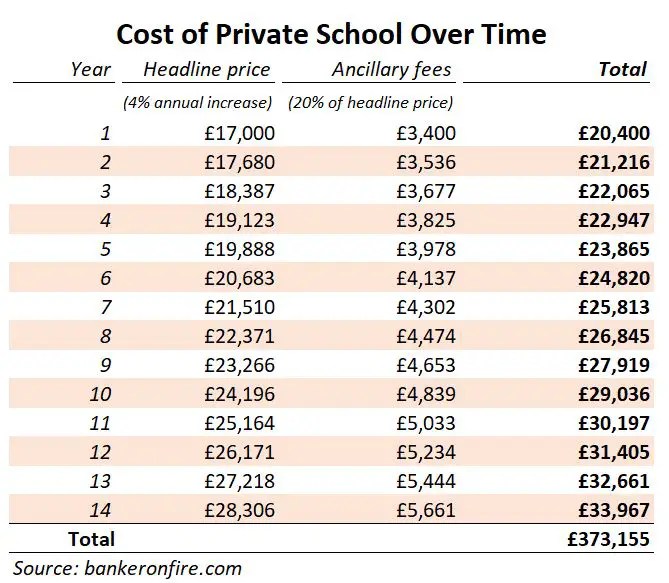
The True Cost Of Private Schools - Banker on FIRE
Is Private School Worth the Money?

Is a Private School Really Worth it? - Tenney School
:max_bytes(150000):strip_icc()/shutterstock_50734714-5bfc35b546e0fb00260d05bf.jpg)
Is Private School for Your Child a Good Value?
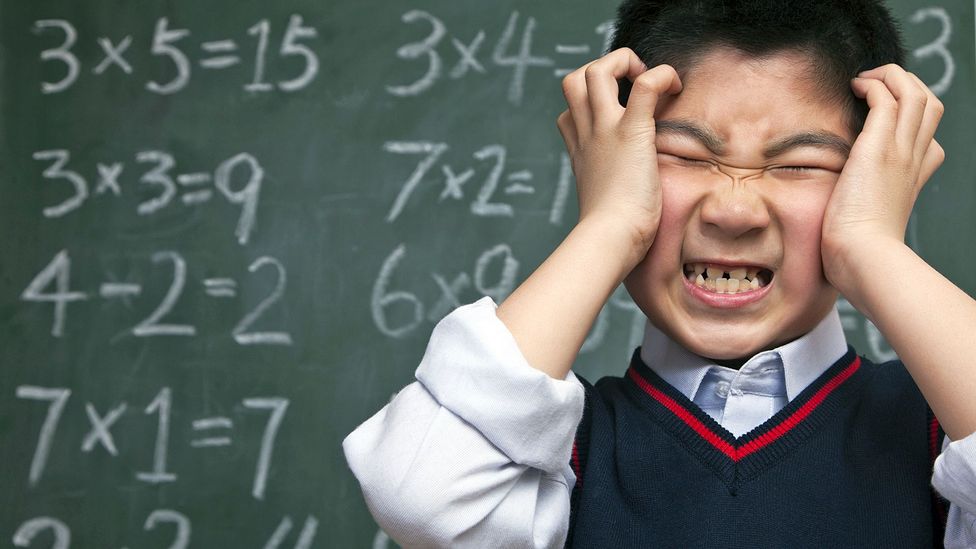
Is private school worth the cost? - BBC Worklife

Should Your Kids Go To Private School? - A Pro/Con | White Coat Investor
Is private school worth the money? - makk.fi
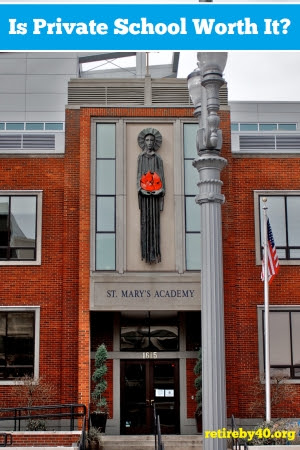
Is Private School Worth It? - Retire by 40

Are Private Schools Worth the Money They Demand?

Is Private School Worth the Expensive Fee? - Learning Economy

DISCUSSION: Are private schools worth it? | SmartPrimaryEd

Private school: Is it worth the financial burden? | Financial Post
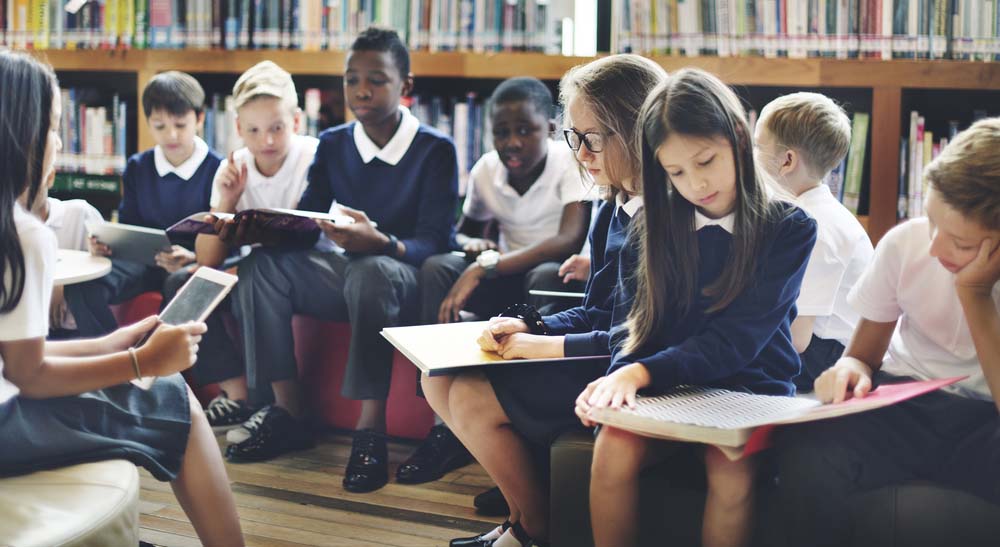
Is Private School Worth the Cost? - Tenney School

Is Private Grade School K-12 Worth It? - Financial Samurai
Is Private School Worth It? It Depends… | Darwin's Money
Are Private Schools Worth The Cost? | Here & Now

Private education - Is it worth it? | Britain | The Economist

Is Private Grade School K-12 Worth It? - Financial Samurai

Here is the expensive truth about private schools and student learning | Australian education | The Guardian
Is Private School Worth It?
Are Private Schools Really Worth the Money? | The House Shop Blog

Is Private School Worth the 'Entitlement' and Hefty Price?

Are private degrees worth it? When paper qualifications matter, to a certain degree, Parenting & Education News & Top Stories - The Straits Times

Is private school worth it? You'll find out in 30 years | Money | The Times

As private education rises globally, researchers disagree whether it's worth it | Guardian Sustainable Business | The Guardian
Are Private schools really worth it? – Finance Talk
The tuition fee of this "private school" in Shanghai is close to one million parents. Is it really worth it? | DayDayNews

Impasse over worth of online tuition

Are private schools worth the money? | Debate.org
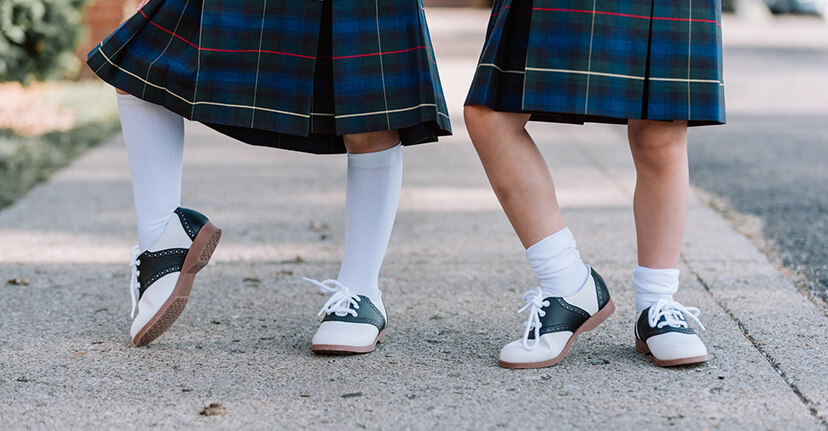
Is Sending Your Child to Private School Worth It? | SoFi
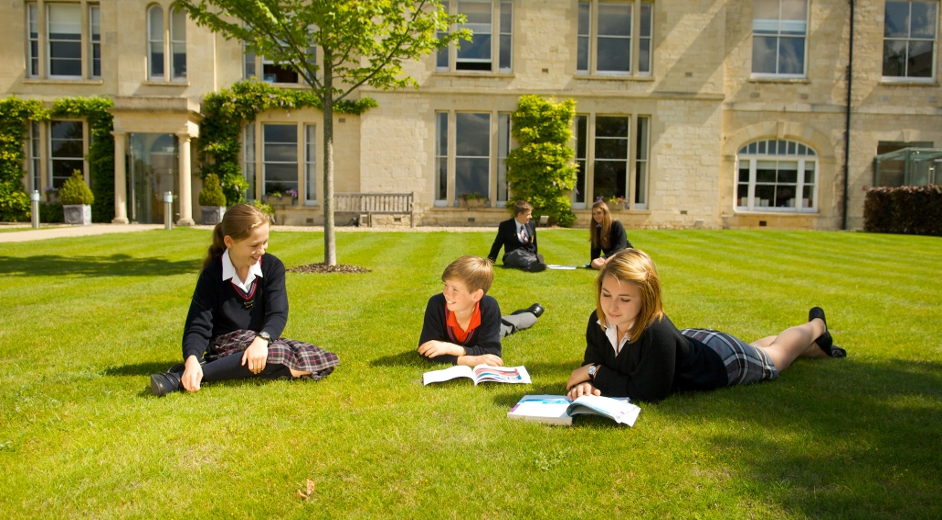
Most expensive private schools in Britain

Is Private School Worth It – Advantages of Private School Education | Mississauga Christian Academy
Posting Komentar untuk "are private schools worth it"